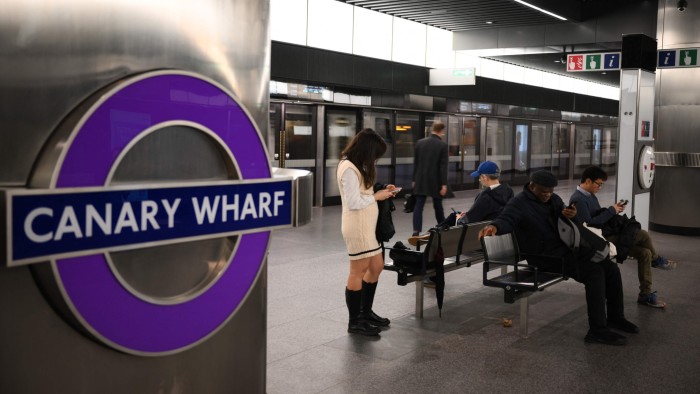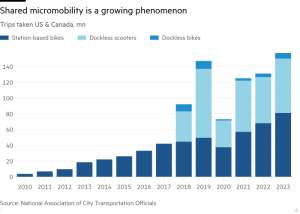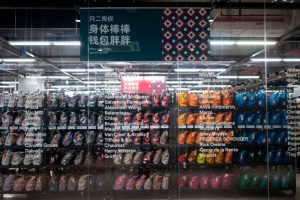Tokyo Metro brought in to run London’s Elizabeth Line

Unlock the Editor’s Digest for free
Roula Khalaf, Editor of the FT, selects her favourite stories in this weekly newsletter.
Tokyo Metro has promised to bring Japanese reliability and punctuality to London, after securing a contract to jointly operate the Elizabeth Line.
The subway operator has vowed to boost the frequency of services on London’s newest train line as part of a consortium that also includes UK transport group Go Ahead and Japanese trading house Sumitomo Corporation.
Tokyo Metro said it would use its “expertise in realising high-quality railway services with outstanding safety and punctuality” and would “work to improve operations and increase the number of services” on the east-to-west line that serves 700,000 people a day.
The Elizabeth Line has suffered from some reliability problems since its launch in 2022, in part because of problems with lines to the west of London which it shares with the national rail network.
Between April and June this year, 83 per cent of Elizabeth Line trains were on time — defined as arriving within a minute of their scheduled time. That was 10 percentage points better than the wider UK rail average.
The punctuality of Japanese trains is the envy of much of the world. About 99 per cent of Tokyo Metro’s services came within five minutes of their scheduled time in 2022, according to its latest sustainability report.
Transport for London said the consortium would be “bringing the best parts of Tokyo and London to the Elizabeth Line” and would help to prepare for the increase in services to Old Oak Common when the new station in west London opens in 2030.
The change in operator at the most important addition to London’s transport network in a generation comes as rail companies around the world are still recovering from lower passenger numbers during the pandemic.
The decision means that the incumbent Elizabeth Line operator MTR, which has run the line since it launched and is 75 per cent owned by the Hong Kong government, was unsuccessful in its bid to win a new deal starting in May.
The successful consortium, in which Go Ahead holds 65 per cent and the two Japanese entities have 17.5 per cent each, beat competition from three other ventures to run the Elizabeth Line, including MTR and a consortium including UK-listed First Group.
The contract, which is for seven years with the option to extend for up to two more years, will leave the Elizabeth Line as one of the last parts of the UK railway to be operated by the private sector.
The deal is not the first Japanese involvement in the UK railway. JR East, Japan’s biggest railway, took a minority stake in the West Midlands Trains franchise in 2017.
The Labour government has pledged to fully renationalise the main UK rail network within five years. But TfL will continue to use contractors to operate many of its services. No financial details were given for the contract.
Go Ahead already runs some of the UK’s busiest commuter lines, including Thameslink and Southern, in a partnership with France’s Keolis.
Sumitomo, meanwhile, is considering the commercialisation and development of areas around the line’s stations.
Tokyo Metro’s recent listing, which was Japan’s biggest initial public offering in six years, was met by an enthusiastic horde of retail investors, many of whom are devotees of the city’s underground system.
However, the subway operator struggled to entice institutional investors because of a lack of growth opportunities due to Japan’s declining population, leading it to look overseas for new business. The Elizabeth Line deal is its first overseas contract.
#Tokyo #Metro #brought #run #Londons #Elizabeth #Line





